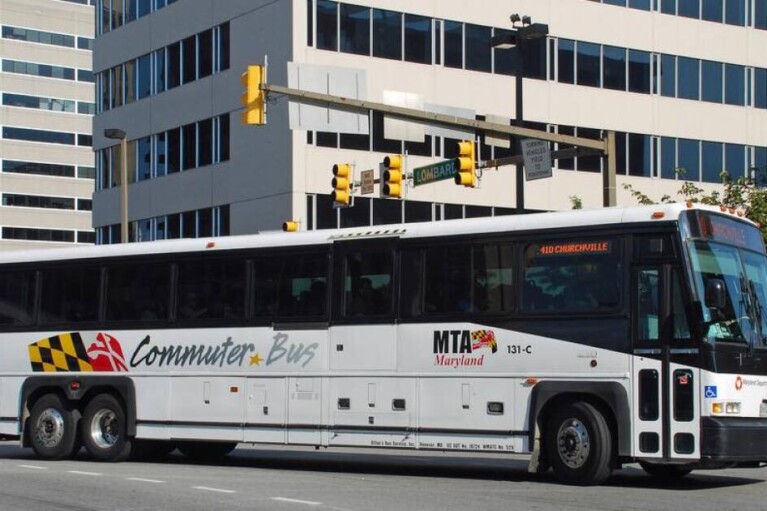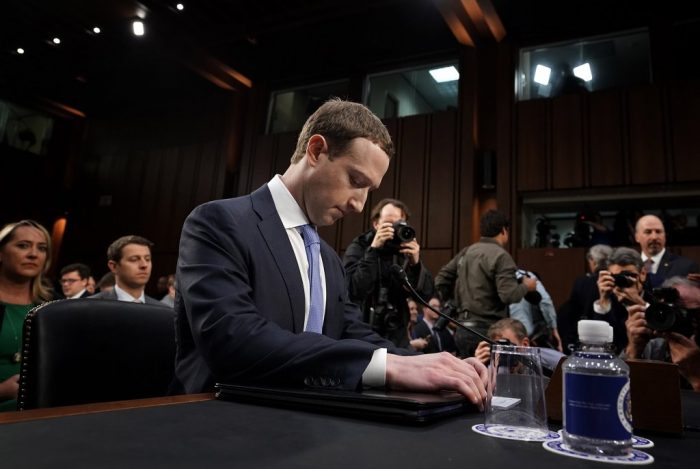Guest Commentary: U.S. Has An Escape Route from Addiction
By Matt Mossburg
The onset of Halloween reminds me of where I once was — among the walking dead.
Homeless, destitute and broke due to a hopeless addiction to opioids, my personal experience has a small degree of relevance here. Of far more importance, however, are the untold thousands of lives that will be impacted as the President’s Commission on Drug Abuse and the Opioid Crisis concludes its work on Nov. 1.
This is not just any commission; it is one that prompted President Trump to label opioid abuse a national emergency.
One of these commission members, former Congressman Patrick Kennedy, struggled with the notorious OxyContin, and has since emerged as a leading voice for mental health issues. Rounding out the commission are a few other well-known individuals, most notably Chris Christie. The New Jersey governor chairs the panel and his personal anecdotes about the effects of opioids brought the issue to the forefront of the 2016 presidential race.

Former Del. Matt Mossburg
Despite deserved recognition among commission members, the most promising work is taking place behind the scenes. We saw a glimpse of this from a Johns Hopkins University professor who participated in the most recent commission meeting on Sept. 27. Although he is widely known in medical and academic circles, relatively few Americans understand how important he could be to stopping further death and destruction.
Dr. James Campbell is a leader in the field of pain management, and in addition to his affiliation with Hopkins now heads a pharmaceutical company working to bring new non-opioid medicines to market. Why is this important? Like so many others, my addiction began with “pain-killer” opioids, prescribed for a minor illness. As the White House commission observed, the opioid crisis is often not beginning on street corners; it is starting in doctor’s offices and hospitals across the nation.
While we are all becoming numb to medical examiner statistics, a few important facts stand out. According to the Centers for Disease Control, prescription opioids are involved in more overdose deaths than any other drug for most of the last 20 years. Moreover, prescribed drugs including Hydrocodone, Methadone and Oxycodone themselves lead to illicit heroin and fentanyl use which addicts seek on the black market because they often become easier and cheaper to obtain that way. Combating the complex opioid epidemic involves law enforcement, treatment and prevention, falls under the jurisdiction of numerous government agencies and affects virtually the entire health care and insurance sector.
Here is one way to simplify it: stop the opioid scourge at its source. That is what Dr. Campbell is attempting to do as president of Centrexion Therapeutics, a privately-held company that started in Baltimore. Advocating for a “moon shot” commitment to the development of non-opioid pain treatments, the doctor identifies common-sense reforms that even without an Apollo rocket-sized government investment will nevertheless help companies like his bring new medicines to market.
The most immediate (and cost-effective) impact among his proposals is changes to the FDA approval process for new drugs and reimbursement procedures. Regulatory certainty and timely approvals are critical for private sector investment in new pharmaceutical companies. According to the FDA, if a drug is designated as a “breakthrough therapy,” defined as one that can either save lives or demonstrates improvement over existing medications, the agency will expedite development and review. It certainly appears that non-opioid drugs meet both tests as Dr. Campbell suggests.
Regarding reimbursement procedures, Dr. Campbell said insurance companies often are reluctant to pay for non-opioid treatments. This reduces the profitability companies require for basic operations. White House opioid commission member and Florida Attorney General Pam Bondi (R) is among 35 attorneys general who signed a letter urging insurers to encourage health care providers to prioritize non-opioid pain management options.
Of course, the letter would have more impact if all attorneys general signed it including Maryland’s. Still, it’s a step toward changing the culture necessary to change entrenched prescribing habits.
Imagine new medications that treat pain without unleashing horrific consequences. Of course, this won’t save over 183,000 lives already lost due to prescription overdoses. New drugs won’t help those of us who somehow lived through the fog of addiction, crashing their cars into cement barriers like Patrick Kennedy did a decade ago or, worse, ruining family relationships. Too many are entering detox units, the emergency room of recovery, in a zombie-like state, out of options and out of time. I know I was there.
Highlighting promising new ways to treat pain, the White House opioid commission is increasing awareness that our country has an escape route from addiction.
Matt Mossburg, a Republican, is a former member of the Maryland House of Delegates and a candidate for Congress in the 6th District.




 Creative Commons Attribution
Creative Commons Attribution